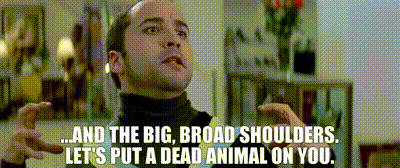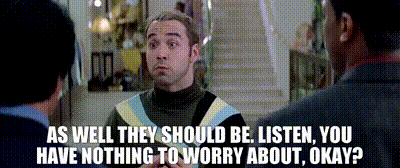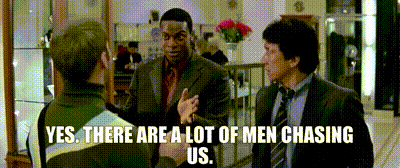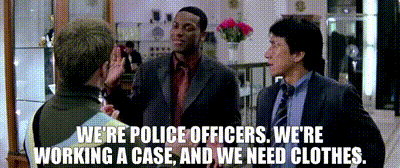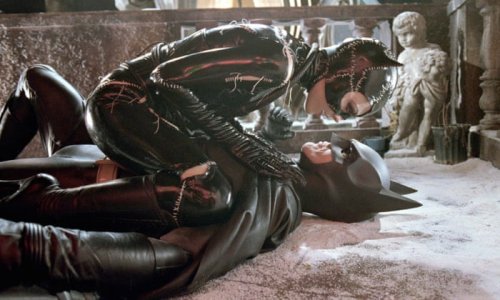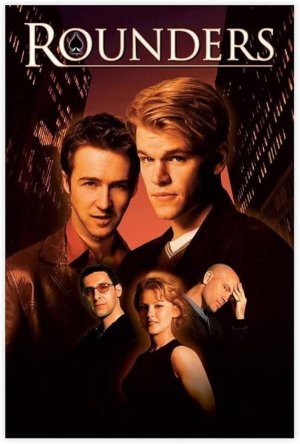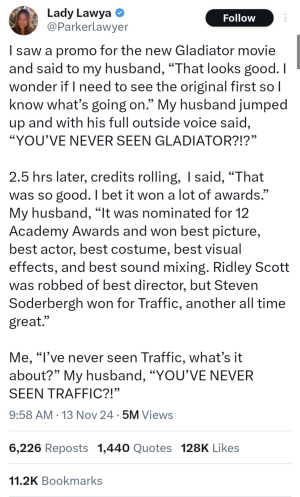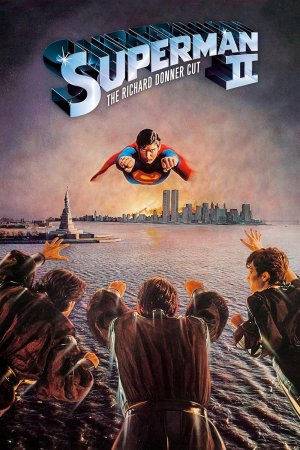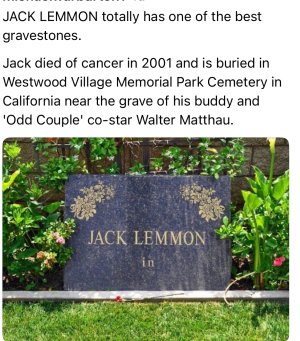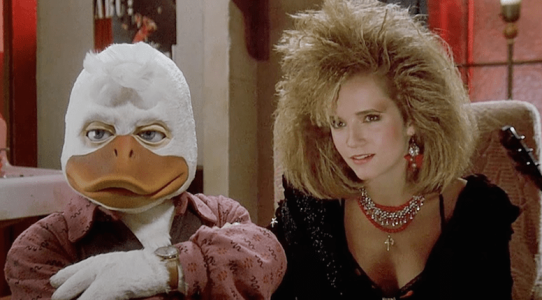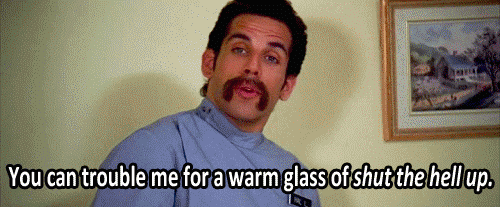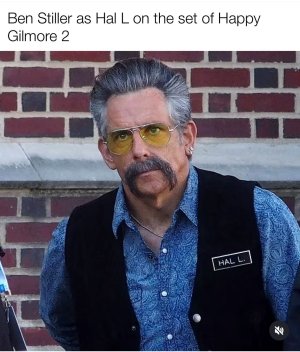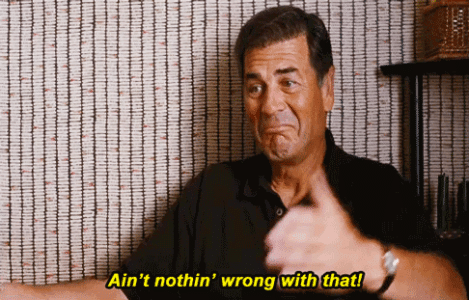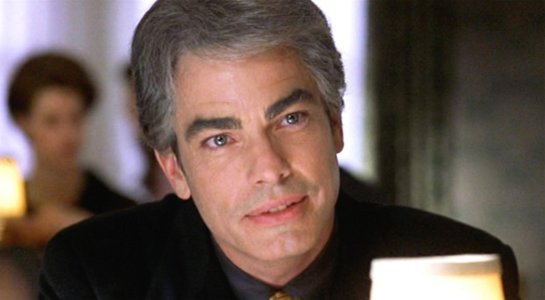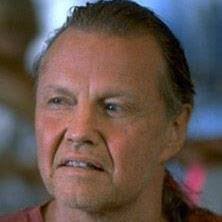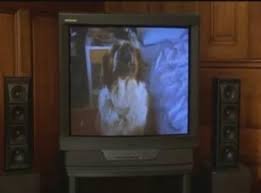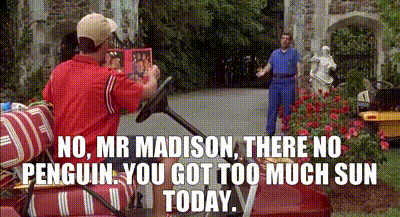But lo, in time, there was born unto television a savior. The gnomic prophet named David Chase came late to his assumption, after spending years of creative feast and famine toiling in the predictable fields, threshing network wheat and writing episodes of Kolchak: The Night Stalker. But in his 54th year, there came unto Chase a revelation, an otherworldly vision of multifaceted meatballs and grinding goomahs. In 1999, Chase's rapture led him out of the desolate north — or at least Northern Exposure — and into the land of milk and honey: HBO, a place that claimed not to be TV, yet ironically could only be viewed on it. In the last year of the 20th century, David Chase gave us The Sopranos. And we looked upon his creation. And it was good.
The so-called Golden Age of Television began that January night with James Gandolfini stressing over the ducks in his backyard, and it signaled a sea change in popular entertainment. During the roughly 10-year period that followed, the small screen went from being cinema's idiot brother to the last auteur-driven mass medium. What was once seen as a cul-de-sac of hacky cops and laugh tracks became a thrillingly limitless canvas for storytellers and creators. The Golden Age brought us the taut urbanity of The Wire, the soulful rusticity of Friday Night Lights, and the manic insanity of Arrested Development. It put polar bears in the tropics and profanity in the Old West. And then, without fanfare, it was over.
In a conversation last summer, Shawn Ryan, himself the creator of one of the Golden Age's finer scriptures, The Shield, pegged the end of the era to the fall 2010 premiere ofThe Walking Dead. Not as any referendum on the zombie show's quality but more of what it signified: by tripling the potential audience for a cable show and by doing so with genre spectacle, The Walking Dead was television's Jaws moment. Like the flowering of American film in the '70s, TV's Golden Age was the product of new companies (or, in this case, channels) empowering creators because they didn't know what else to do. The blockbuster success of The Walking Dead — along with Game of Thrones and True Blood— provided a way out, or at least around, the complicated power dynamic of the omnipotent showrunner. Vampires and dragons are, after all, far more dependable draws than David Simon's cantankerous take on the social safety net. (To my mind, the Golden Age was also sunk by the rise of prestige simulacra, hollow shows like The Killing and Hell on Wheels that ganked the ponderous pacing and adult themes of contemporary critical darlings without any of the singular wit or perspective.)
Not an insult to The Walking Dead, but I think a Jaws comparison is right on the money. Jaws, arguably the first modern blockbuster, ushered in a new wave of Hollywood movies, effectively killing New Hollywood. We all loved Jaws, Star Wars, Indiana Jones.. just like many of us love The Walking Dead, Game of Thrones, etc., but I've never drawn the comparison before to these kind of shows signaling the end of TV's "Golden Age".
Of course, we still have another season (or two "mini" seasons) of Breaking Bad, then three more of Mad Men.. but that's the last remaining shows from that period.










